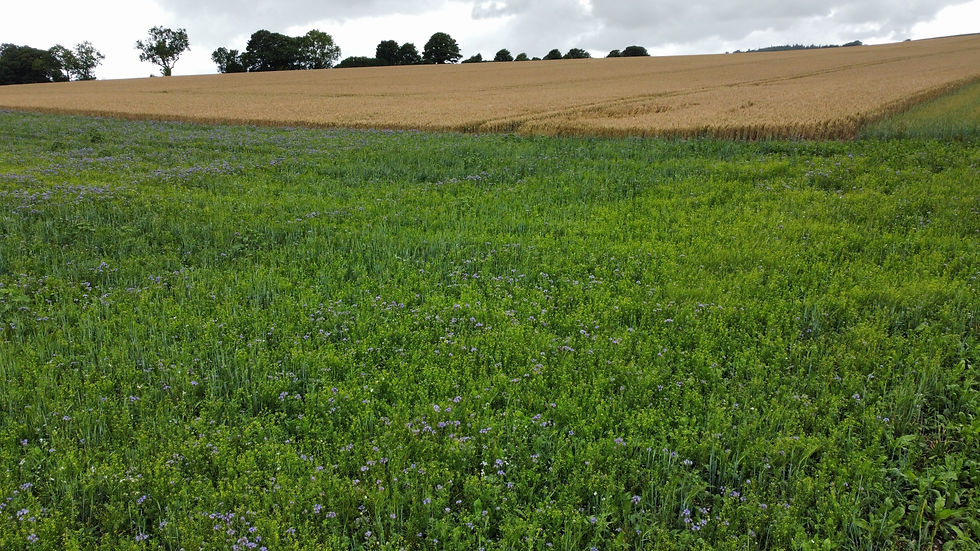
WHERE ARE YOU
From this map you can see exactly where you are on the Fonthill Estate and which footpath you are using. Please help us in our efforts to protect and encourage the wildlife on the Estate by keeping dogs on leads, sticking to the designated paths and taking all litter home with you.
We have lots of ground nesting species currently on the Estate, therefore it is vital that dogs stay under control so as to not disturb or kill these animals.
Thank you.
WHAT IS GOING ON IN THIS AREA TO ENCOURAGE WILDLIFE
Find out below



UNHARVESTED CEREAL HEADLAND
The Unharvested Cereal Headland encourages beneficial insects, therefore providing an important food source for chicks in the spring. The grain itself will then go on to provide winter food . The unharvested cereals also create a fantastic wintering habitat for insects and small mammals such as the harvest mouse. Unlike the rest of the cropped areas, Unharvested cereal Headlands do not receive applications of fertiliser, manure, pesticides or herbicides as these will have a detrimental impact on arable wildlife that we are trying to encourage.



THE AUTUMN SOWN BUMBLE BIRD MIX
The Autumn sown bumble bird mix is created through a seed mix containing at least 6 flower species and 6 seed bearing crops, together they provides important food resources for farmland birds, such as tree sparrow and corn bunting. This mix also benefits a range of nectar feeding insects, including butterflies, solitary bees, hoverflies and bumblebees who use this mix as their key source of nectar from early to late summer.



WINTER BIRD FOOD
Winter Bird food provides an important food source for farmland birds by producing an abundant and available supply of small seeds during the autumn and winter months. During the summer insects such as bumblebees, solitary bees, butterflies and hoverflies will use the flowers as a source of nectar. Once established, the Winter bird food, as shown in the second photo, will also provide a habitat and shelter for some of our ground nesting birds such as the Grey Partridge, Skylarks and Corn Buntings. These birds will then start feeding their chicks on the insects found in the Flower rich margins.
